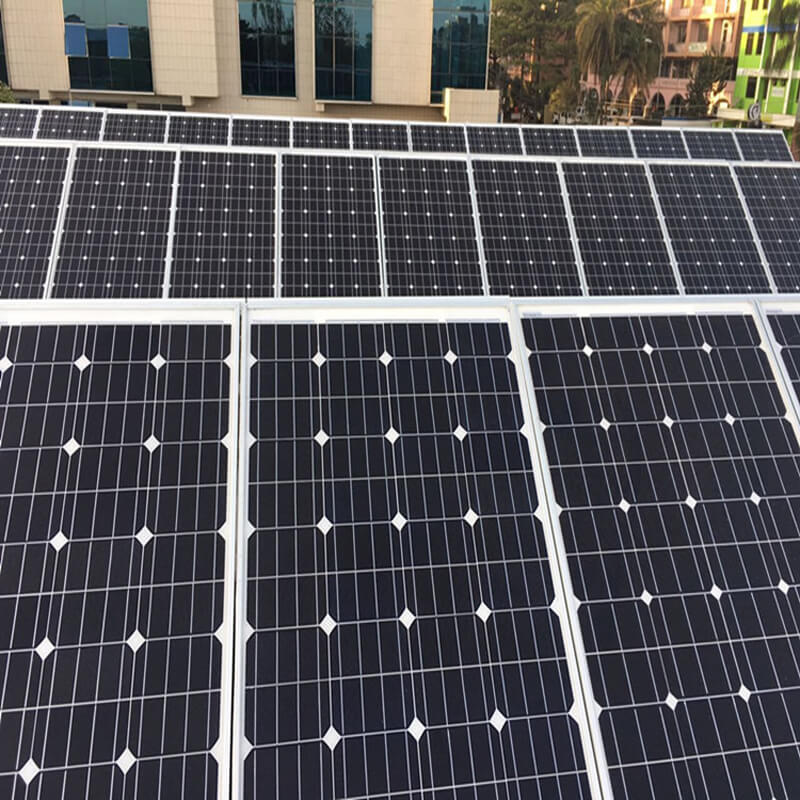Have you considered harnessing solar energy at home? If so, you may have come across 250-watt solar panels in your research. These 250W panels are considered entry-level for solar energy, yet most modern residential solar systems utilize panels with a power output far exceeding 250 watts. By 2025, 250W panels will be considered outdated, more suitable for off-grid systems like RVs and camping.
How much electricity can a 250-watt solar panel generate? Under optimal conditions, a 250-watt solar panel can produce up to 250 watts of peak power. In practical conditions, assuming about 5 hours of ample sunlight per day, a 1.5-watt solar panel can generate 4 to 5 kilowatt-hours of electricity daily. Over a month, this equates to approximately 30 to 45 kilowatt-hours. This figure will vary based on your geographical location, shading conditions, power tolerance of the solar panels, and the angle of the solar panels.
Equipment-side wattage (W), daily usage (hours), daily total power consumption (watt-hours). For example, a 250W panel can power an LED bulb for 25 hours a day. A 250W solar panel has the following characteristics: it can power an LED bulb for 25 hours, a notebook computer for 4.17 hours, a refrigerator for 3.47 hours, a TV for 3.12 hours, and a ceiling fan for 2.08 hours. What space does a 250W solar panel occupy? A typical 250W solar panel is about 65 inches by 39 inches, equivalent to approximately 17.5 square feet. This size is relatively manageable for most roofs. However, if space is limited, you may consider panels with higher wattage. For example, a 550W solar panel, although larger in size, can generate more power in a smaller space due to its higher efficiency. Is a 250W solar panel outdated? In the current solar market, the wattage of standard solar panels has clearly shifted to higher outputs. Panels of 300W and 400W have become the norm. Compared to these options, 250W panels are considered somewhat outdated. They are no longer suitable for grid connection and are more suitable for off-grid use, such as in RVs or camping. Is a 250W solar panel suitable for me? A 250W solar panel is most suitable for households with extremely low energy consumption. If your energy consumption is very low (perhaps you live alone or rely only on some basic appliances), these panels can effectively meet your needs. If you are a moderate to heavy energy user, larger panels are more suitable for you.
In this case, relying solely on 250-watt panels will require a large number of panels, making your installation more complex and less efficient.
Choosing panels with a higher wattage, such as our 550-watt model, can simplify your setup while ensuring you have enough energy to meet your home’s needs. If you have any other questions or need guidance on your solar energy journey, please feel free to contact us!